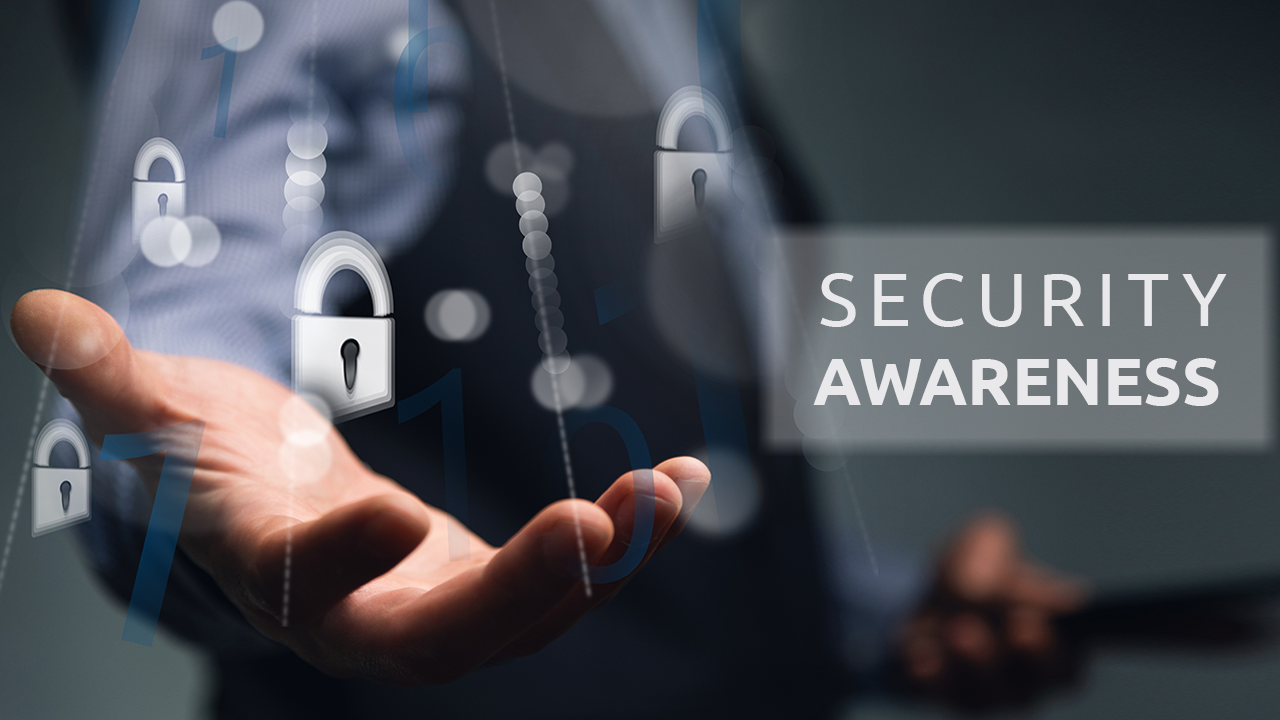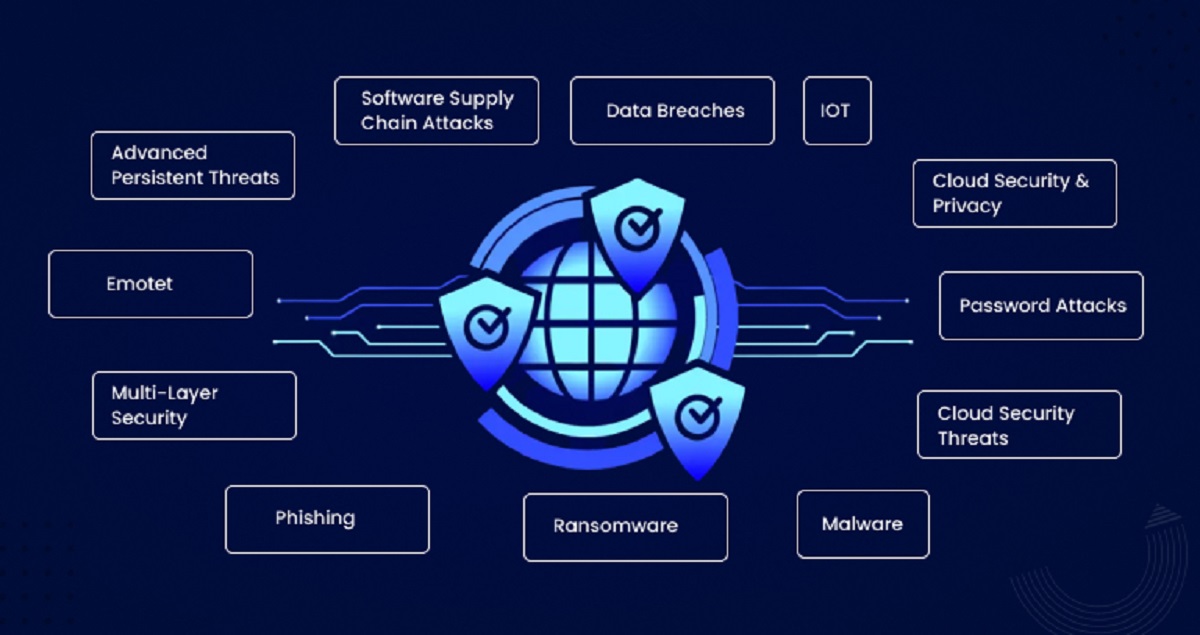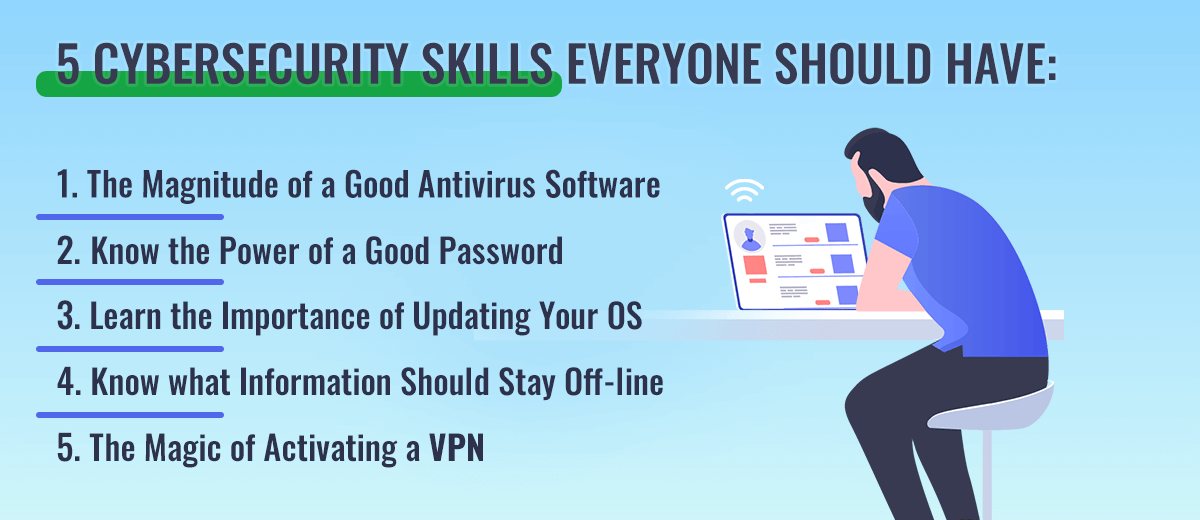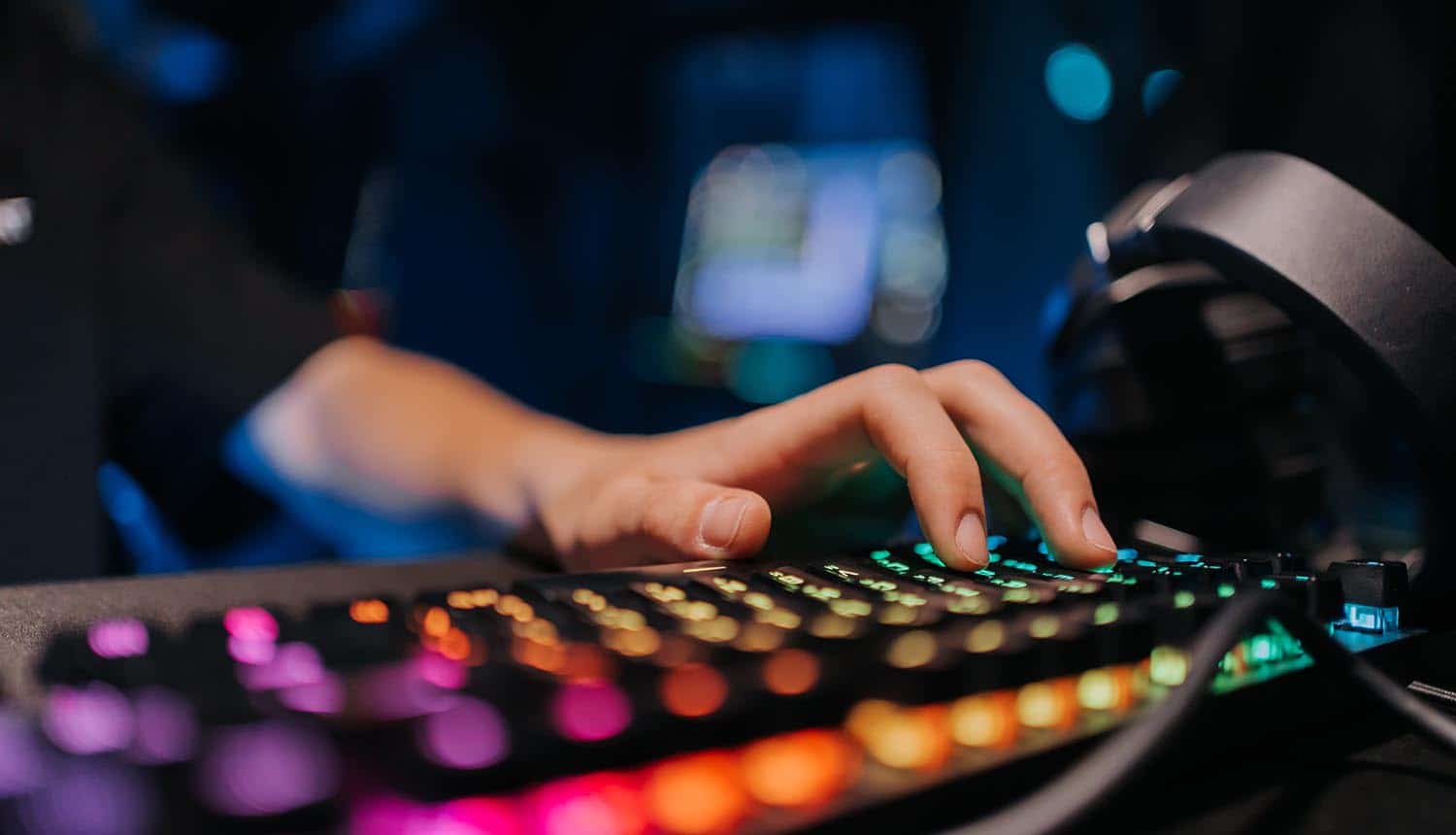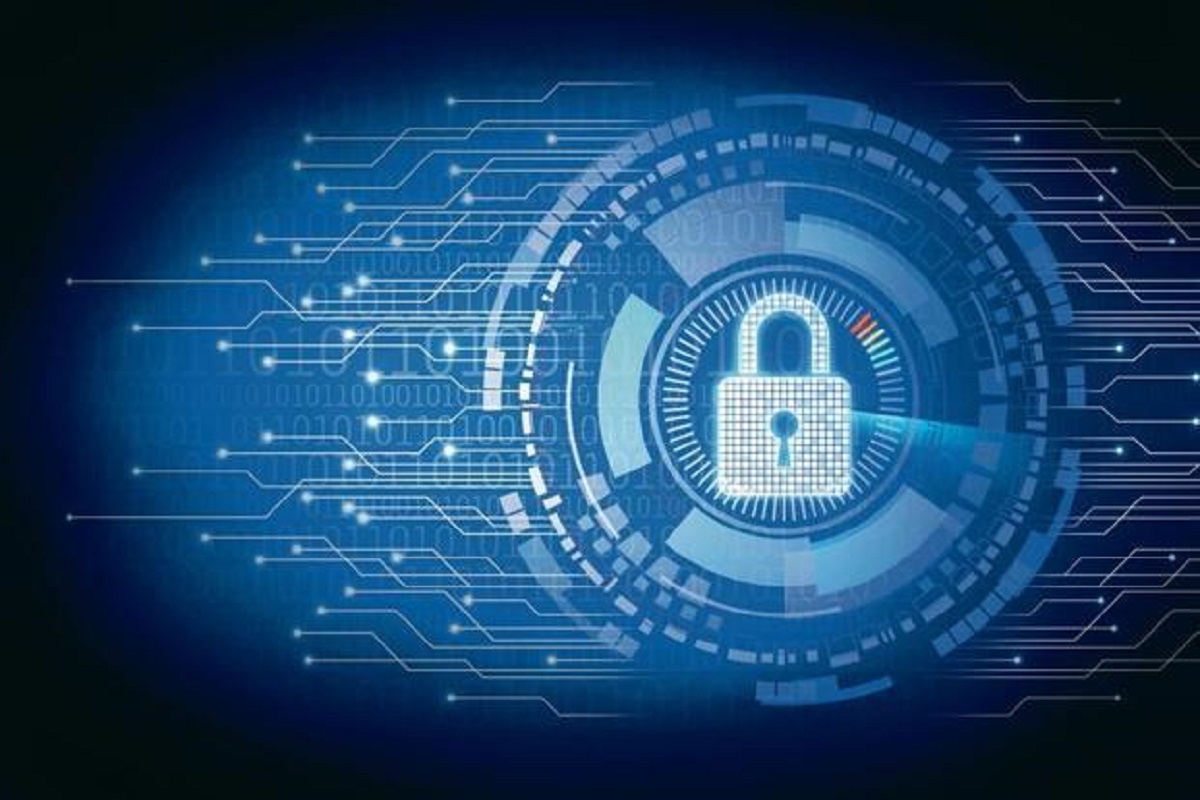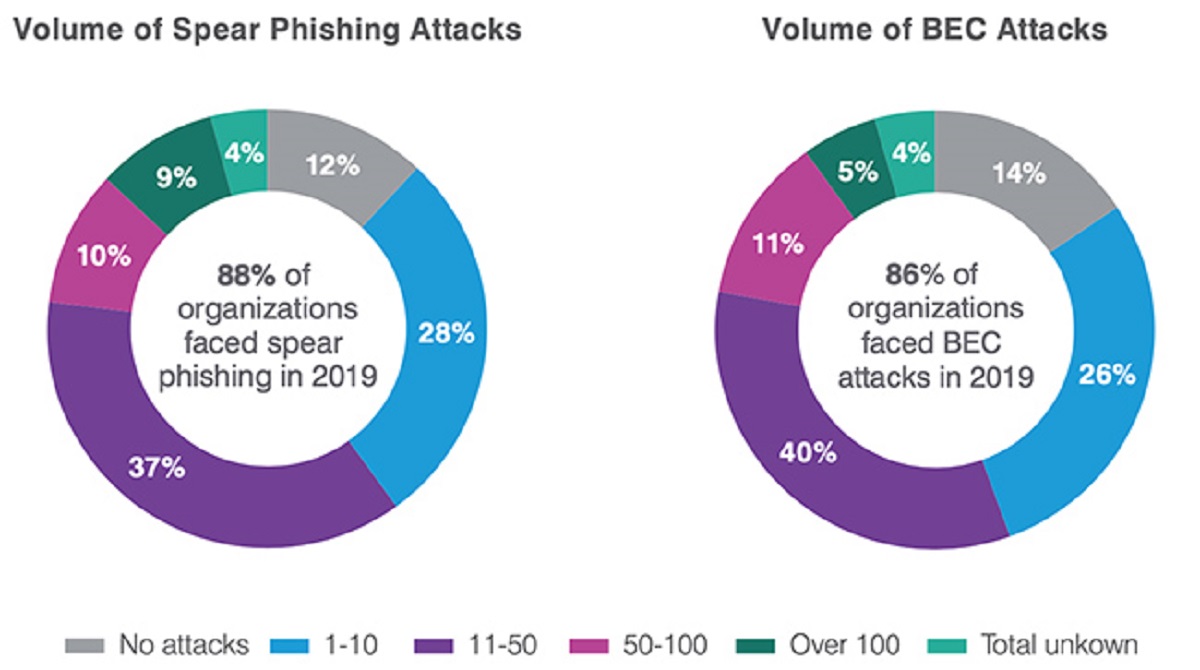If you’ve been gaming for a while, you’ve most likely been involved in some form of cyberattack or scam.
Players often lose access to their accounts, exposing sensitive data like email addresses, identities, credit cards, and social security numbers.
Over the years, the attacks have become more sophisticated — in 2023, unaware gamers playing the classic Call of Duty: Modern Warfare 2 spread malware through infected lobbies.
Attacks like these are becoming commonplace in the realm of online gaming, and gamers are often the most affected by these cybercrimes.
In this article, we’ll examine how players can learn to safeguard their private data from cyber attacks and scams.
Top 10 Ways Gamers Can Secure Their Digital Identity
Some of them you’ve heard before but bear repeating, while others may be the extra layer of security you’ve been hoping for. Let’s dive into ten tried-and-tested ways for online gamers to keep their accounts and identity safe.
1. Passwords, passwords, passwords…
It goes without saying that password security is the frontline of defense against most cyber attacks. If password security is a no-brainer, then why is the number 1 most commonly used password online “123456”?
If you can remember your password, it’s probably not hard to crack — choose unique passwords that include:
- Upper and lowercase letters;
- Numbers;
- Symbols (!@#$%^&*{}, etc.);
- No personal signifiers (names of pets, birthdays, etc.).
Better yet, use a password manager to create and store one-off passwords for every account.
2. Take advantage of Multi-Factor Authentication (MFA)
MFA is not a new concept, but unfortunately, it isn’t being utilized by everyone yet. This technology asks you for proof of identity in multiple forms before allowing access to an account or sensitive data.
If you haven’t enabled this on your gaming accounts yet, here is your sign to do it now. This way, a hacker would need access to your password as well as your email or phone to successfully break into your account.
3. Learn to spot and avoid scams
The sad truth is that scams are everywhere on the internet. However, as online gaming is rife with children, hackers tend to target gamers. Gaming accounts are usually full of payment details and personal information — just what hackers are after.
Whether you or your children spend more time gaming, all players need to learn to spot scams. Typical scams can be in the form of:
- Phishing: Emails or messages that trick users into sharing account information.
- Impersonation: Scammers pretending to be game developers, admins, etc.
- In-game currency scams: Fraudulent sales or giveaways of in-game currency.
- Cheats/hacks: Hackers promising game-changing cheats filled with malware.
4. Avoid sharing any personal information online
If you have children who play online games, it’s so important to teach them the importance of personal data privacy. Even those without children should ensure they never share any Personal Identifiable Information (PII) anywhere online.
Even a name or location is enough for some cybercriminals to research you and target your accounts. If other players are asking for any forms of PII, make sure to avoid over-sharing and consider blocking or reporting them.
5. Keep your software, games, and devices up to date
Stop pressing “Remind me later” on all of your updates — there is a very crucial reason that developers create these patches. Software and games get old, and often hackers discover weak points in the security.
Once found, these backdoors are used by hackers to breach accounts and steal private data. However, it’s pretty easy to avoid this fate… download the updates!
6. Build a powerful cybersecurity setup
Every online gamer needs a cybersecurity setup to keep them safe online. Listed below are the bare minimum software requirements for regular gamers.
Antivirus: This software should be a tool you have anyway, as it can help you avoid unwanted malware and viruses from hackers.
Gaming VPN: Encryption software is so important for online gamers. The best VPN services can also reduce latency while keeping all of your online activity anonymous and secure.
Firewall: In-built firewalls are decent but aren’t foolproof. If you’re serious about security, invest in a Next-Generation Firewall (NGFW) for all-encompassing network protection.
IDS/IPS software: Intrusion Detection/Prevention Systems (IDS/IPS) monitors your network at all times. IDS spots malicious activity, while IPS stops threats before they can get a foothold in your network.
7. Create a gaming email address/identity
Smart gamers create a new email address with the sole purpose of signing up for games. Not only is it easier to manage your online gaming, but it also keeps your PII separate and secure.
Some gamers even take it a step further, creating alternate identities they use just for online gaming. Fake names, accents, locations, and more can keep your real information safe and throw scammers off the trail.
8. Limit mods and third-party integrations
Let’s face it: we all love modding our favorite games, but there is always the risk of embedding malware into your game files. The simplest way to avoid this is by limiting the amount of mods or third-party integrations you use.
If you really want to mod your games:
- Do your research on the developers;
- Avoid any sketchy websites;
- Look for mods reviewed extensively by other players.
9. Consider cloud-based storage for game saves
Often in a hack, if you’ve secured your data, no PII will be leaked. Yet, the chances are your game saves will become corrupted or deleted entirely. In some cases, this is the real purpose behind the attack.
Shield your precious game saves from disgruntled players by backing them up in a secure cloud-based server. At least this way, you don’t need to start from scratch in the event of a hack.
10. Never stop learning about new cyber scams
The world of online scams and attacks is ever-changing and evolving. As new technologies are invented, scammers quickly adopt them for nefarious purposes. The only way you can be prepared for a new scam is by staying in the know.
Read cybersecurity news and reports on gaming-related cyberattacks regularly. Usually, these reports will outline:
- The type of attack perpetrated;
- How the hacker gained access to the account(s);
- What was stolen;
- How the attack could have been mitigated.
Before your next gaming session…
In most instances of cyberattacks on online gaming accounts, the attack could have been avoided by the players themselves.
Adopt modern data privacy practices and high-end cybersecurity software, educating yourself on new scams and attacks regularly.
Do this, and your private data and gaming accounts will stay out of the greedy clutches of cyber criminals.









